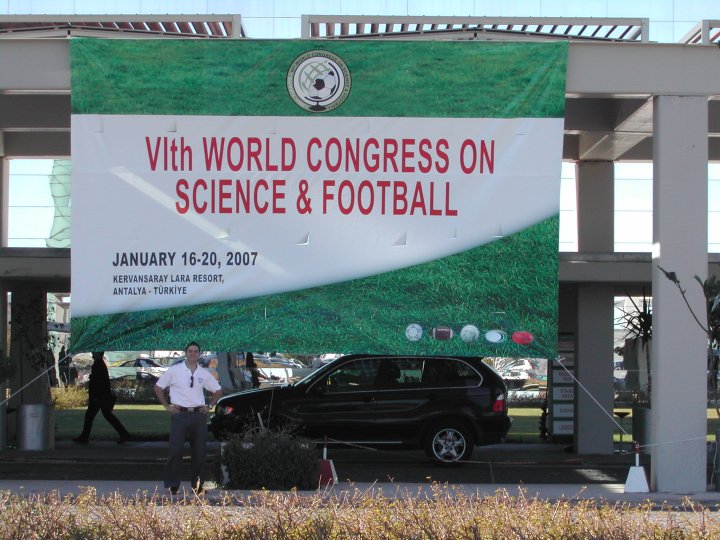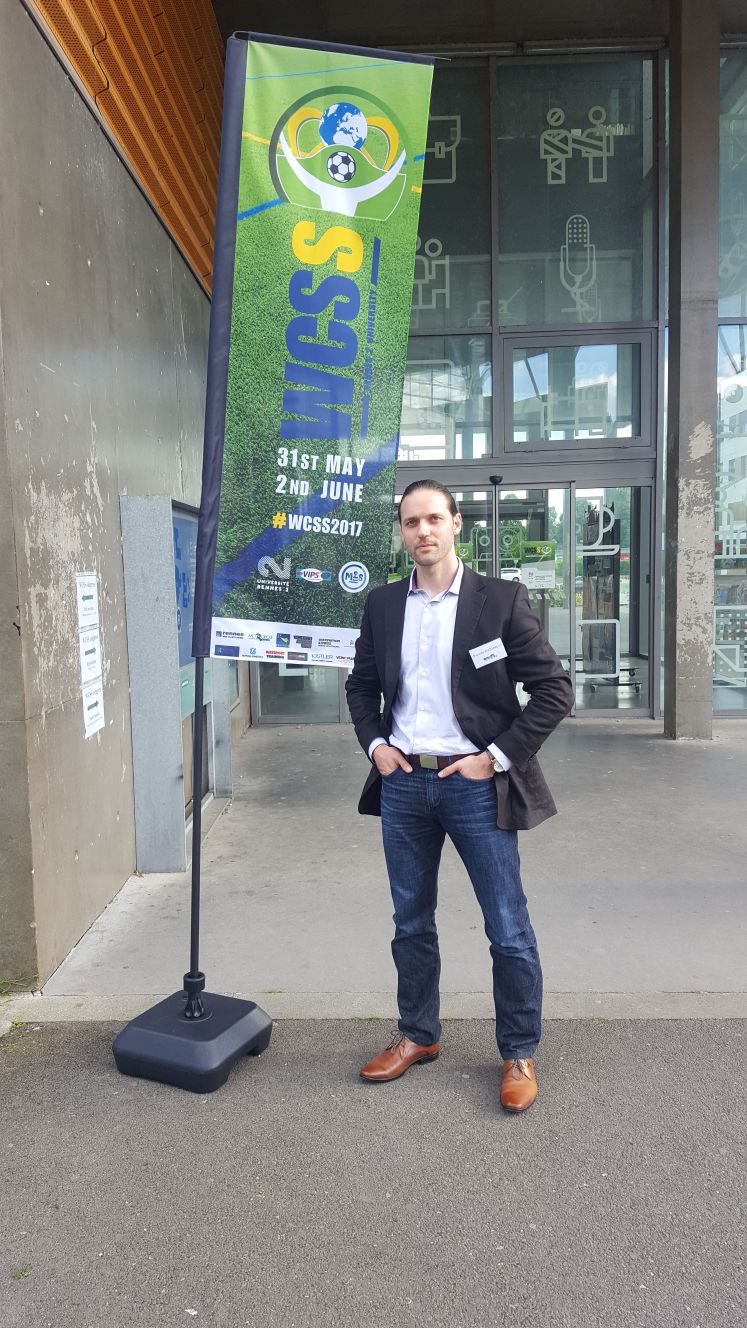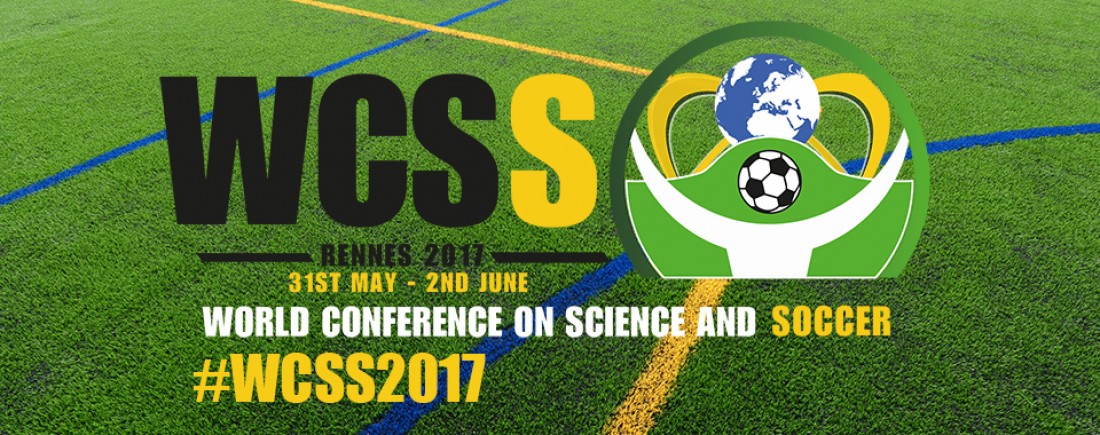From May 31st to June 2nd, 2017, I and other representatives from Soccer Fitness Inc. and Sport Performance Analytics Inc. presented our research at the 5th World Conference on Science and Soccer in Rennes, France. For me, this was the 7th time I have travelled to an international soccer science conference to present research, dating all the way back to the 6th World Congress on Science and Football in Antalya, Turkey in 2007. Interestingly, a thought that had occurred to me at that time over 10 years ago ended up resurfacing this past week in France.

The Congress in Turkey in 2007 was held in the year after the 2006 FIFA World Cup, a tournament won by Italy. Marcello Lippi, the coach of the Italian National Team, was invited as a guest speaker at the Congress in Turkey. In his speech, he commented that the success of the Italian team at the 2006 World Cup was the result of a combination of factors, including self-assessment, refection, and constructive criticism which led to eventual improvements in the Italian soccer system in the years leading up to the tournament.
Among the aspects of Italian soccer that were improved upon prior to their success in the World Cup were their talent identification programs, national coaching schools, national team training camps and international competitions leading into World Cup qualification, as well as training, monitoring, and recovery practices utilised within the team itself.
Upon hearing this information, I remember remarking to colleague how impressive it was to me that the Italian National Team, which prior to the 2006 World Cup had been successful but not victorious in international soccer since their last World Cup win in 1982, was so keen to be critical of their programs and systems, and to strive to make them better.
After all, I came from Canada, where our Men’s National Team had failed to qualify for the FIFA World Cup for over 20 years and there seemed to be a general sense of apathy surrounding our future chances of World Cup qualification or other international success.
Fast-forward 10 years, and during a presentation by Dr. Antonio Figuerido from the Portuguese Football Association, I experienced a moment of “Déjà vu.” Dr. Figuerido’s presentation identified that a selection bias exists amongst Portuguese professional youth academy coaches, towards players in the U13-U15 age categories who are “early developers” (bigger, stronger, and faster than their peers). He went on to point out that if the Portuguese clubs and National Teams expect to develop top players and to compete successfully at the international level, this bias needs to be addressed and eliminated.

Think about that for a moment. The top coaches in Portugal – a country that just won the 2016 UEFA European Championship and has developed, among others, one of the greatest players of this generation in Cristiano Ronaldo – are still humble enough to admit when they have a problem, and to look objectively to scientific experts in order to fix the problem.
The take-home message from this Conference, for me, was that we in the Canadian soccer community also need to be more humble in order for us to become better. Canadian soccer players, coaches, fitness coaches and administrators need to collectively acknowledge that if and when we are to compete at the professional and international levels, we will be competing against countries – like Portugal and Italy – who have spent decades critically analysing their soccer programs, looking for problems and inefficiencies, and coming up with solutions to them.
A good place for us to start would be to become more open-minded towards the use of objective scientific research and technology to enhance the training and development of our athletes, and a great way to do this would be for more Canadian soccer coaches and fitness coaches to attend conferences such as the World Conference on Science and Soccer.
Many of the world’s leading experts in a variety of scientific fields of study, including coaching, youth development, performance training, monitoring of training load and recovery, and nutrition – all of which are directly relevant to the work that soccer coaches and fitness coaches do on a day-to-day basis in Canada – were present at this year’s Conference.
In consonance with this line of thinking, a recurring theme amongst many of the Keynote and Plenary speakers at the Conference was the need to develop better synergy between sports scientists (and the research they do / findings they produce) and coaches/fitness coaches (for the practical on-field work they do). Even at the top levels of the game, people all over the world are recognising the important role that sports science plays in player development and high performance soccer. Canadian soccer professionals must also acknowledge this role and look to bridge the gaps that presently exist between scientists and practitioners.
If we continue to fall into the trap of thinking that we already have all of the answers, we are likely to remain stagnant in our position relative to the rest of the world. And if that happens, the World Conference on Science and Soccer in 10 years’ time may elicit the same feelings of Deja-vu as this year’s edition did.
I’d love to hear your thoughts or comments on this topic. Drop me a line here to get the conversation started.


Leave A Comment